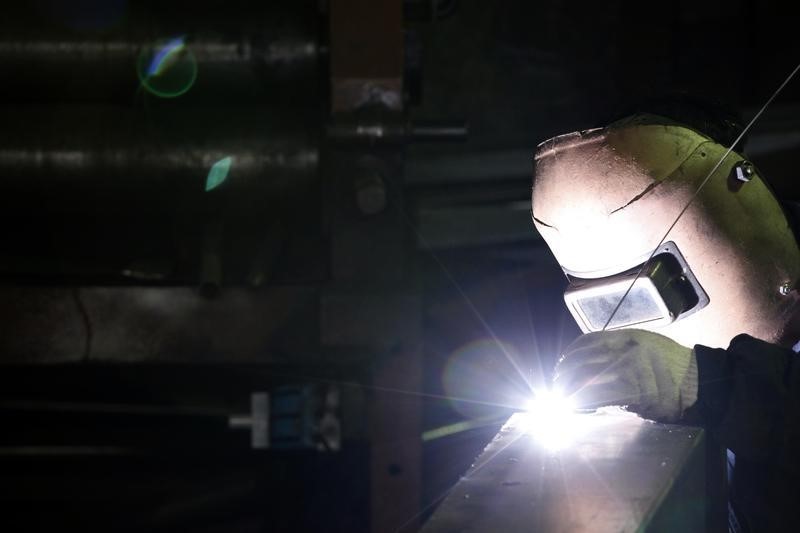* Signs of China selloff spreading as Malaysian palm oil drops
* Agriculture futures also down sharply ahead of more curbs
* Steel, iron ore in China down 27 pct from April peaks
By Ruby Lian and Manolo Serapio Jr
SHANGHAI/MANILA, May 13 (Reuters) - Chinese steel futures were on course for their biggest weekly fall since 2009 on Friday, as a selloff in the country's commodities showed signs of spreading to other global markets for raw materials such as palm oil and base metals.
Weakening fundamentals along with strong measures by Chinese exchanges to stamp out speculative activity have helped reverse momentum in China's massive commodity futures markets from bullish to bearish in less than a month.
The deepening losses have started to weigh on global markets elsewhere, in a similar manner to the boom and bust cycle in the country's stock markets last year.
Malaysian palm oil futures 1FCPOc3 , the global benchmark for the commodity, fell more than 2 percent on Friday, with traders blaming a 4 percent fall in China's vegetable oil futures.
Iron ore futures in China have fallen 27 percent from their April peak, pulling down the global spot benchmark .IO62-CNI=SI down 21 percent from last month's high.
The crackdown on speculators in China's steel markets has doused a recovery in base metals prices on the London Metal Exchange, analysts say. MET/L
Rising levels of open interest, or open contracts, in China's steel and iron ore futures, as prices fall deeper suggest investors are looking at more downside risk.
"The sentiment is very bearish now, and investors are looking for opportunities to take more short positions," said Wu Wei, an analyst at Yong'an Futures in China's Hangzhou city.
The softer outlook for the Chinese economy, rising steel production and waning seasonal demand have fueled the sharp losses in steel-linked futures, said Wu.
"PAST THE PEAK"
The most-traded rebar on the Shanghai Futures Exchange SRBcv1 was down 5 percent at 2,020 yuan ($310) a tonne by 0553 GMT after falling by the 6 percent maximum allowed by the exchange.
Rebar, or reinforcing steel used in construction, surged 80 percent from last December to April, but has since dropped more than 27 percent. It has lost more than 11 percent this week, the most since the contract was launched in 2009.
The price rally pushed some shuttered steel mills in the world's top producer to resume production, but the ensuing price rout could make them unprofitable again. ore on the Dalian Commodity Exchange DCIOcv1 was down 5.4 percent at 362.50 yuan a tonne after also dropping by its 6 percent downside limit.
"We are now kind of at or past the peak in seasonal demand so prices are coming down. And maybe since we overshot on the upside so we can undershoot on the downside," said Ian Roper, commodity strategist at Macquarie.
Other steelmaking raw materials hit hard on Friday included coke DCJcv1 and coking coal DJMcv1 on the Dalian exchange, which fell 5.5 percent and 3.7 percent respectively.
Agriculture futures also slumped with soybean oil DBYcv1 and palm olein DCPcv1 on Dalian down 4 percent and Shanghai rubber SNRcv1 falling nearly 5 percent. Egg DJDcv1 and soybean DSAcv1 dropped more than 2 percent.
Investors appear to have pulled out more funds from Chinese markets as exchanges keep up the pressure to control speculative investment and crack down on high-frequency trading.
The Dalian exchange on Thursday said it will stop the 50 percent transaction fee discount on intraday trading of soybean meal, corn starch, palm oil, and soybean oil futures from May 16. ($1 = 6.5198 Chinese yuan) (Editing by Ed Davies)
